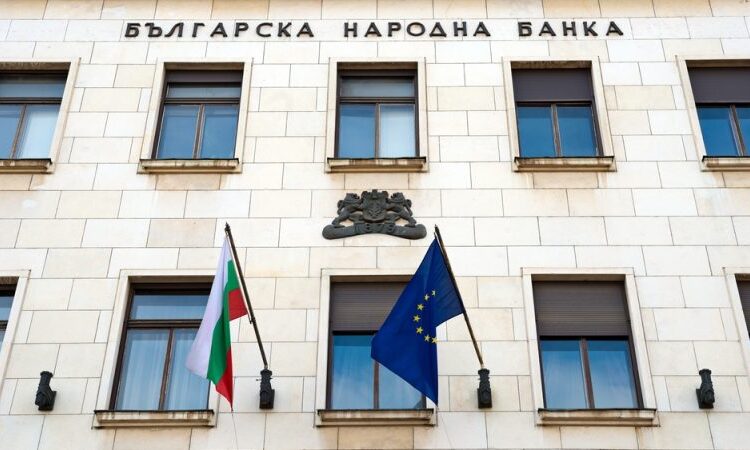
Bulgarian governments that have been in power since 2020 are to blame for the lack of a real political effort to join the eurozone, says the Bulgarian National Bank (BNB) Governor Dimitar Radev, while stating that joining the eurozone in 2025 remains realistic.
Bulgaria’s first stated goal was to adopt the euro on 1 January 2024, but the country failed to pass the necessary legislation, and rising inflation became an additional obstacle.
According to Radev, who has been governor of the BNB since July 2015, Bulgarian politicians have so far shown a “hesitant and in some cases outright contradictory stance towards eurozone, which is the main obstacle” to Bulgaria not adopting the euro.
“Above all else, Bulgaria needs a clearly established, sustainable, pro-European political construct. This is something that was missing after our accession to the European Monetary Mechanism and the Banking Union,” Radev told the international conference “Bulgaria in the Eurozone – When?” on Tuesday.
He recalled that the ruling majority in Sofia’s lack of political will in 2021 delayed Bulgaria’s application for eurozone membership by at least a year, as the national plan for the introduction of the euro was not adopted on time.
Radev also pointed out that the previous government led by Nikolai Denkov, which fell from power in April, was based on a clear pro-European platform but remained politically extremely unstable.
Whether Bulgaria adopts the euro in 2025 depends on the politicians in Sofia, he stressed.
“The top priority is to restore political contacts at the highest level. We should not forget that Bulgaria’s eurozone accession is a political process and a political decision. Unfortunately, in recent years, the contacts on this topic have been more protocol than substance,” Radev said.
He called for the euro adoption law to be passed as soon as possible in the midst of the ongoing political crisis. Bulgarians go to the polls on 9 June to vote in the European elections and the sixth parliamentary elections in three years.
According to Radev, the law will help the state and municipalities to adapt to the euro, while the BNB and commercial banks will be ready for its introduction before the end of 2024.
“If this scenario materialises as soon as possible after the elections, Bulgaria’s chances of joining the eurozone in 2025 remain strong and fully realistic,” the BNB governor said.
Pro-European parties in Sofia see eurozone membership as the end of Bulgaria’s full political integration, making it impossible for the far-right and pro-Russian forces to pull the country out of the bloc.
“As a result of the political crisis in recent years, we have lost both the initiative and leadership in the process of joining the eurozone. Nevertheless, our readiness remains high. In order to successfully finalise the process, we need a sustainable pro-European political construction,” Radev said.
(Krassen Nikolov | Euractiv.bg)






